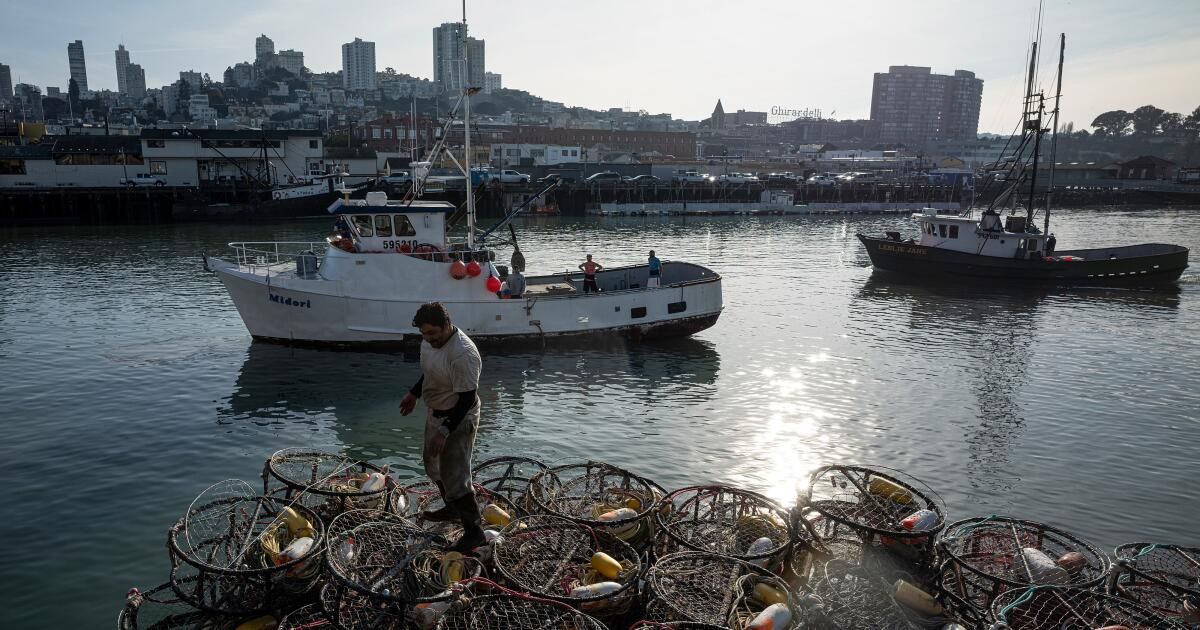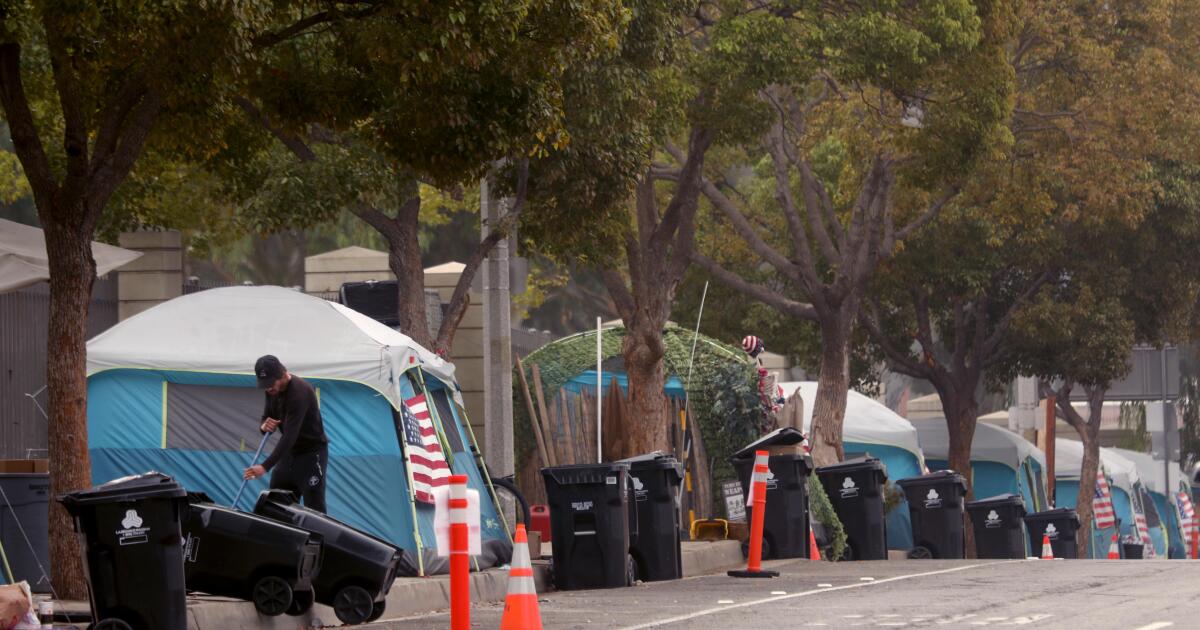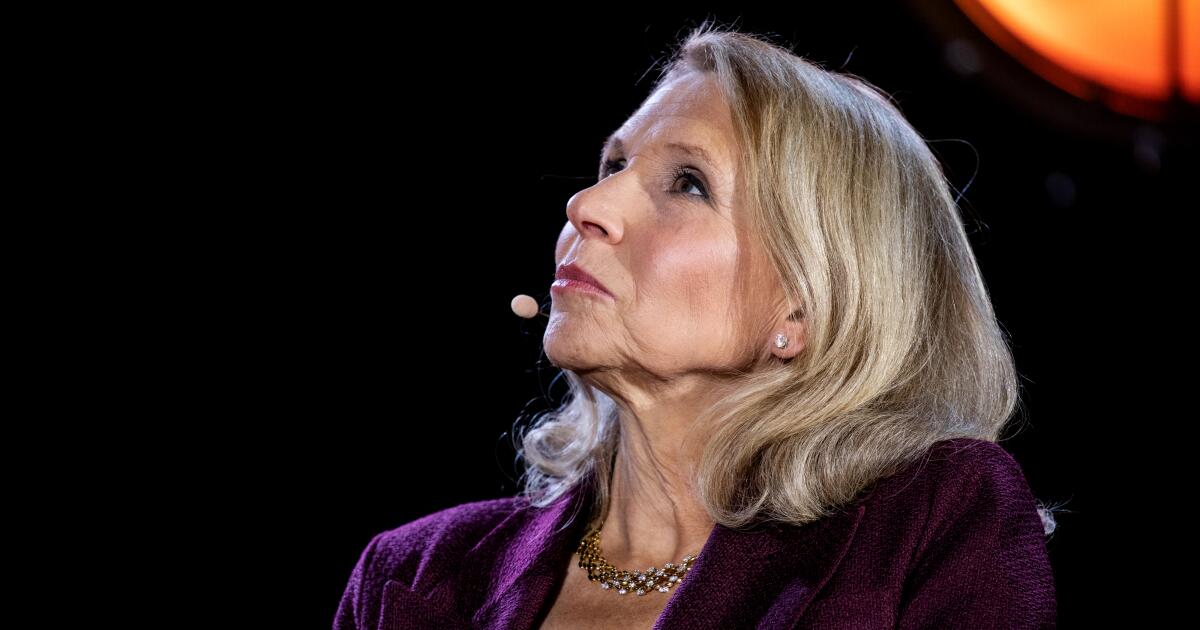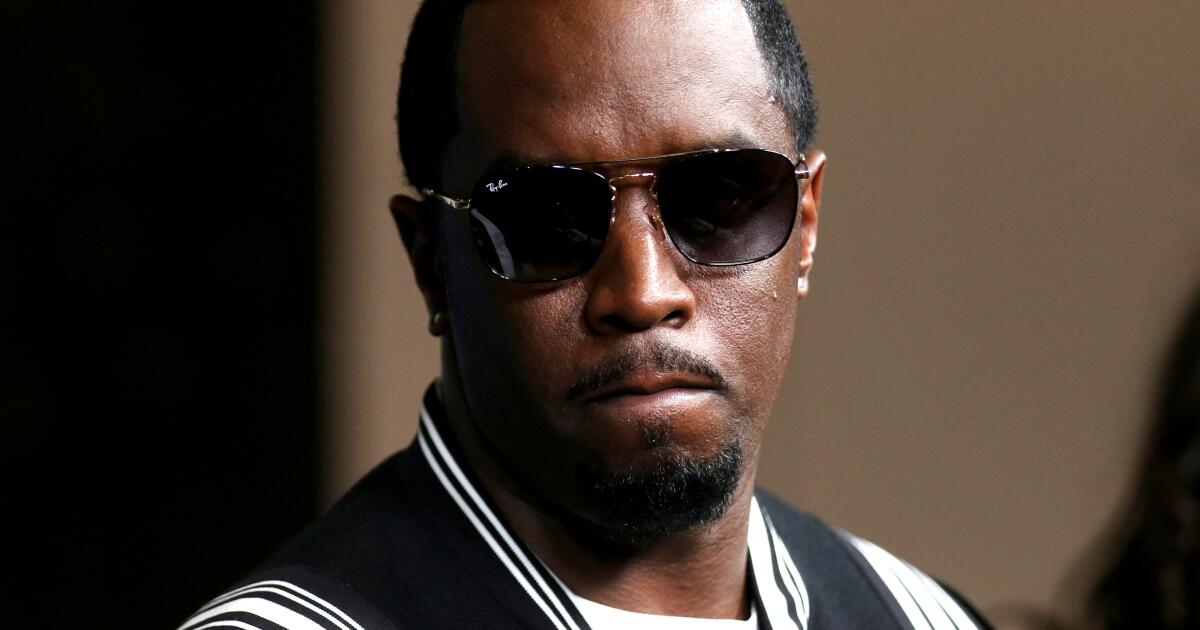The Supreme Court heard oral arguments last week in a case about fishing boats, and it could mean the end of government as we know it. I hope so.
The legal issues may not be as fascinating. What's fascinating, however, is how legal issues help explain why our government and politics are so dysfunctional.
First, the facts of the case: In 2020, the National Marine Fisheries Service issued a new requirement to prevent overfishing. Federal inspectors would be placed on commercial fishing boats to ensure no one exceeded their quotas. That seems fine to me. But the government said companies would have to pay for the monitors, a sum of $700 a day. Loper Bright Enterprises, a New Jersey commercial fishing company, sued, arguing that Congress never intended such a thing when it wrote the relevant law some 44 years ago.
The question before the Supreme Court, raised in Loper Bright Enterprises v. Raimondo and a complementary case, Relentless vs. Department of Commerce, is whether regulatory agencies can create rules that Congress would never have anticipated. Under a doctrine called “Chevron Deference”, The answer since 1984 has been “yes,” if the agency's interpretation is reasonable.
If you want to label all of this as a question of right versus left, your scorecard is going to get complicated. That's because conservative justices, including the late Antonin Scalia, once defended Chevron deference. Now, liberals are leading the fight to give the executive branch leeway, warning that overthrowing Chevron could lead to judicial activism. “Agencies know things that courts don't know” Justice Elena Kagan said during oral arguments, “and that is the foundation of Chevron.” Chevron is a “doctrine of humility,” he added. The Center for American Progress, a liberal think tank, calls the effort to overthrow Chevron a “judicial power grab.”
I think there are good arguments on both sides. Obviously, in some circumstances courts should defer to experts from, for example, the Nuclear Regulatory Commission or the Food and Drug Administration, particularly in highly technical areas outside the expertise of judges.
On the other hand, there are times when regulators may exceed their authority under the law or the Constitution, and judges have every right and obligation to intervene. I suspect that if Donald Trump becomes president and fills regulatory agencies with MAGA fanatics, many liberals will worry. regarding a “judicial power grab” will be begging the courts to intervene.
And let's keep in mind that in 2005, the court, with a majority opinion by Justice Clarence Thomas, ruled in National Cable and Telecommunications Association. versus Internet services of brand that not only must the courts defer to experts, but each new administration also has free rein to change what is considered expert opinion every four to eight years. In other words, all the talk about “following the science” sounds great until new political officials decide what the science says.
This gets to the part I find fascinating. The question of whether the judiciary or the executive should have the final say on regulatory policies overlooks the elephant in the room: Congress should be the first word.
If Congress wants to pass a law requiring fishermen to pay for monitors on fishing boats, it can do so. Likewise, it can pass laws to forgive student debt, legalize marijuana, clarify free speech issues for social media, grant amnesty to illegal immigrants, build a border wall, and a thousand other things.
But it's not like that.
Instead, Congress does one of three things: 1) Nothing at all, 2) Draft deliberately vague legislation that imposes difficult decisions on Cabinet secretaries and administrators, or 3) Pressure the executive branch to do things that Congress is too coward to do for himself.
Some of those things take the form of unconstitutional executive orders. In short, the real problem is that the courts and executive branch are stuck in making public policy because Congress has been sidelined.
It is difficult to overstate the extent to which this has distorted our politics. Congress is the most democratic branch of government, which is why the founders gave it the most power. It's where political disagreements are supposed to be resolved. But by absolving ourselves of that responsibility, we have turned presidential elections into de facto parliamentary elections in which a party makes laws through regulatory mandate. This, in turn, has invited the courts to transcend their traditional role because legislative vagueness has become a central feature, rather than a defect, of lawmaking.
The Supreme Court probably can't force Congress to do its job, but until Congress gets serious, courts and bureaucrats will continue to be stuck on problems they have no business solving.












